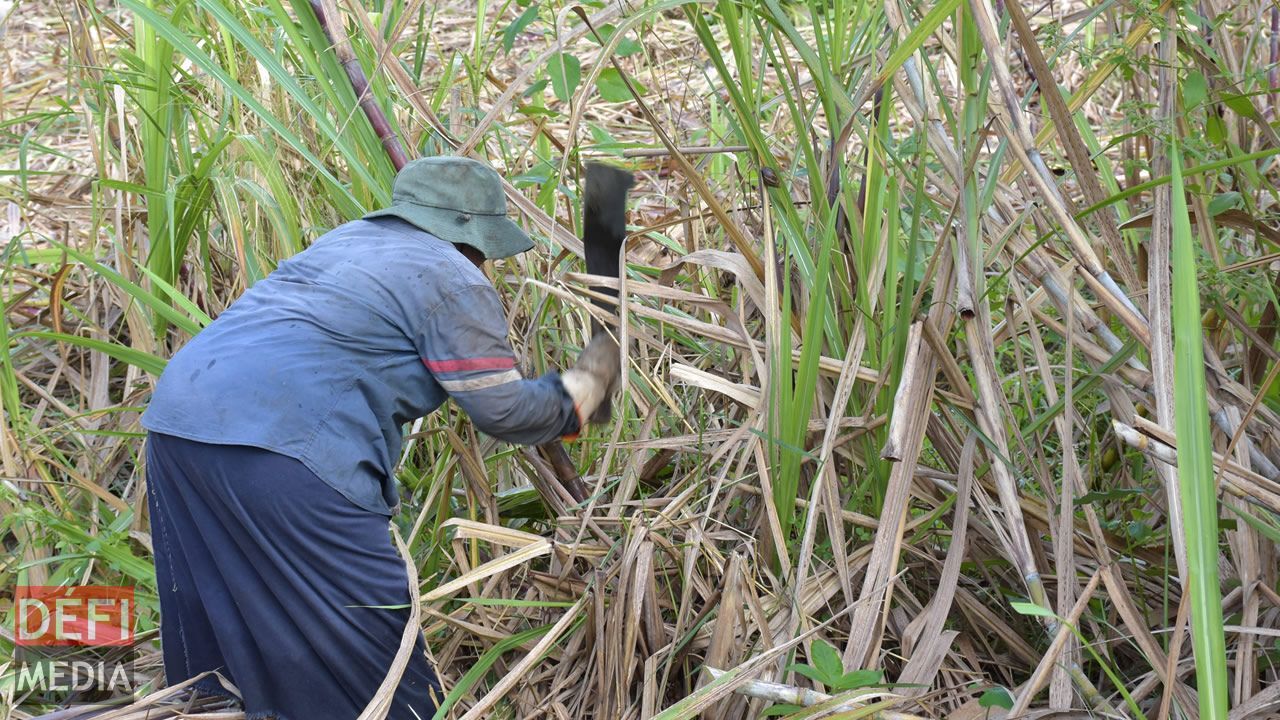
This article is a continuation of the denunciation of the all the institutions that are ripping off small planters to feed the sugar barons. Some argue that cane is becoming a sunset industry, but we as small planters are confident that this industry will continue to be one of the backbones of our economy. For this to happen everyone has to contribute effectively and be adequately remunerated. Many institutions are responsible of the sad plight of the small cane planters.
Publicité
Government & Parliamentary Opposition
The first culprit is the Government and the gamut of incompetent public institutions. On 4th November 2018 the small planters have submitted a 12–point memorandum to the Government with our proposals regarding the cane industry. Government response is still awaited. Our rulers have time to meet the top guns of the sugar sector but they cannot convene all the small planters for a round table talk to discuss about their preoccupations. It is a shame that the sugar barons are calling for a round table and not the Government. Our parliamentary opposition is also totally dumb for the last six months on the plight of the small cane planters. The only PNQ of the leader of the opposition following the November 4th meeting of the small cane planters at Reduit, was about insurance compensation that will benefit the sugar barons mainly. He was misled (not to say fooled) and made to believe that 10,000 planters have been defrauded by the SIFB. The bitter truth is that small planters population in the whole of the country has fallen to 12,000 out of which some 3,000 only are located in the Omnicane factory area which was subject of the PNQ. Omnicane & Compagnie Sucrière de Bel Ombre Ltée will benefit Rs 230m. On the other hand 2,500 small planters of the Omnicane factory area will receive only Rs 25m in aggregate. This will be soon confirmed when the report of the Fact Finding Committee on the SIFB will be published. And we can only hope that Alteo will also not benefit from the mana. Coming to the SIFB itself, it is understood that a new chairman has been appointed. On a question of good governance Government should see to it that none of the previous directors are re-appointed on that board.
Closure of Medine Sugar Factory
The Medine sugar factory has applied for closure. The MCIA has nearly finalised the closure. What will happen to the employees and to the 10,000 hectares of land under cane cultivation? On what conditions will Government authorise the closure. What are the restrictions that will be imposed on the plantation company in relation to diverting land to uses other than sugar cane and agriculture? How many acres will be allowed to be converted as smart cities to be sold only to foreigners? In the meantime the Rum distillery of Medine has already been sold to LI WAN PO group as reported in the press . Government is soon to gazette the price per ton of Molasses that planters will be entitled to receive for the years 2017, 2018 and 2019. This price is not expected to be higher than Rs 3,000 per MT. World market price is Rs 8,000 per MT. Will the small planters now also have to subsidise the new owners of the distillery of Medine? All these questions need an immediate answer.
Futher Factory Closure
The problem of the small cane planters remain the same. But the small cane planters fail to accept that cane is a sunset industry as some want us to believe in order to sell prime arable lands to foreigners under lucrative tax free schemes while at the same time extracting more subsidies from Government on our name. The recommendation of the small cane planters for a Minimum Land Area Reservation for agriculture has landed on deaf ears. The same goes for the Fair Statutory Minimum Price for cane delivered to the sugar mills. From 24 mills in the 1970’s, today we have only three mills left and it is the plan of the sugar barons to reduce it to two. Very soon Terra also will close down. This is why the sugar barons invested in only two refineries to produce 270,000 MT white refined sugar. And all this has been done with the tacit approval of our short-sighted rulers.
The Infectious Role of The Mauritius Sugar Syndicate (Mss).
The Sugar Syndicate was created at a time when there was more than 24 sugar mills in the country. Its membership is made up of all planters and millers. Five small planters are nominated on the board with only a cup of tea as remuneration for every meeting. Over the years the number of Sugar Mills have dwindled to three but the number of miller representatives on the board of the MSS has remained unchanged. 12,000 small planters have 5 representatives on the board of the MSS whereas 3 millers have more than 14 members. And all the regulators find this normal. This is why the small planters are suffering. A quick look at the last Financial Report of the MSS will confirm this finding.14 sugar barons are still the permanent fixtures of the board of the MSS and nobody not even the MCIA or Government has questioned the composition of that Board. In some cases these barons have become hereditary peers on the Board of the MSS. Today the Board of the MSS has been hijacked by the refiners who are disqualified to be there by virtue of being service providers to the industry. This is why we believe that the MSS is not only the paying agent but also the black box of the Sugar Barons. All means and tricks are used to put more money into the pockets of the barons at the expense of all planters. The MSS must be disbanded if we want to achieve a more equitable distribution of cane income.
This article cannot be completed without calling the bluff of Jacqueline Sauzier the spokeswoman of the Chamber of Agriculture. In her last interview on “Le Mauricien” paper of 23 March 2019 she asserts that small cane planters cannot survive if millers go out of business because the planters will have no one to buy their canes. This is precisely the point that we have been harping on since a year now. Small planters are in the business of growing cane and selling cane; and not that of selling sugar, stags or stag meat. Small cane planters like metayers, cattle breeders, fishermen and others did no benefit from the generous handouts of the Treaty of Paris that handed over 90% of the country’s landed estate to the sugar oligarchy free of costs. Our forefathers came here as slaves and “cooliees” ; not as rogues and thieves banished from their mainland to a remote island lost in the middle of an unknown ocean. Whatever land we own today is the fruit of the hard labour, sacrifices and dedication of our ancestors. Mrs Sauzier and her likes should not worry for us. They never did in the past. If they cannot run the mills or if they are unwilling to run the mills, we are ready to take up the challenge. We can produce up to 900,000 MT cane. The descendants of slaves and coolies have produced many able administrators, engineers, sugar technologists, agronomists and scientists who are ready to step in the day the three millers decide to stop their operations. Small planters do not want the viability price of RS 17,000./= per ton of Sugar fixed by the JTC of the sugar barons and agreed by Government. We want a Fair and Equitable Statutory Minimum Price for cane delivered to the mills- not only for ourselves but for all the planters. We can also find our own markets for our sugar and other by products. We are a proud community and not one begging with a golden bowl and we shall not allow anyone to trample over us with their dirty feet and their dirty minds.
Our next article will shed more light on the fraud being orchestrated since 2009 to the detriment of the small cane planters and even of bigger planters who are ashamed to join us in this fight. We might be enduring the pangs of darkness now but we are confident that a new dawn is awaiting us on the horizon.
By Pradeep Jeeha

Notre service WhatsApp. Vous êtes témoins d`un événement d`actualité ou d`une scène insolite? Envoyez-nous vos photos ou vidéos sur le 5 259 82 00 !












![[Audio] Envahissement du littoral : visite surprise de Soodhun sur les plages du Nord](https://defimedia.info/sites/default/files/styles/medium/public/01-100217_soodhun.jpg?itok=UKV_xxPX)



![[En images] Dépôt de gerbes au Samadhi de SSR](https://defimedia.info/sites/default/files/styles/square_thumbnail/public/untitled_design_27_27.jpg?itok=90XqQDdV)



